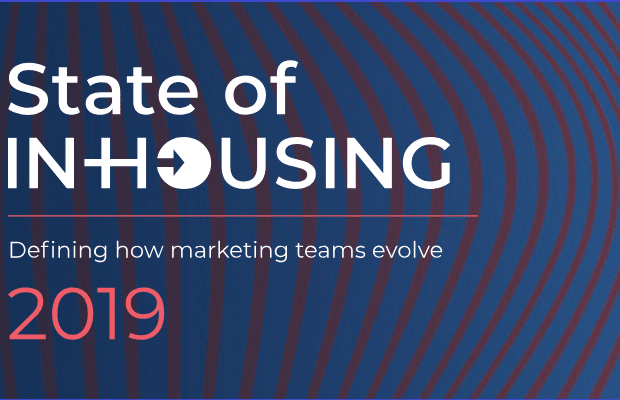
The report, commissioned by advertising platform Bannerflow, provides an insight on how brands are evolving.
The report reveals:
- 91% of brands have moved at least a part of their digital marketing operations in-house
- Cost efficiency, greater control and increased transparency are amongst the biggest reasons for in-housing
- Lack of existing skill and a lack of resources are the biggest concerns for companies when considering making the move from agency
Working in conjunction with Digiday, Bannerflow surveyed 200 senior marketing decision makers from brands, in-housing agencies and consultancies in Europe. The survey aimed to discover the biggest triggers, benefits and barriers to in-housing marketing teams.
The results were captivating, revealing that 91% of decision makers having moved at least part of their digital marketing in-house over recent years. Further to this, over a third (37%) of those surveyed believe that in-housing is the future.
So why has there been such an apparent swing towards in-housing?
Financial reasons topped the list of primary motivators as to why companies have turned to in-housing, with the switch from agency believed to be a far cheaper option.
Along with greater control and efficiencies in relation to specific aspects of marketing, transparency was also voted an important reason for bringing these operations back under one roof. 87% of decision makers said they were concerned with the level of transparency offered by media agencies.
Barriers
Despite this confidence and the apparent benefits to in-housing, the research also revealed some obstacles companies need to think about before making the move from agency.
A lack of existing talent and skills to build a competent in-house team was the biggest barrier to in-housing for 56% of respondents, as explained by the second most-cited reason — 46% point to a lack of resources to build a competent in-house team.
There is also a worry that the in-housing of marketing activity could be an impediment to creativity, with long term strategic goals giving way to short term ROI focused ones.
Other Key Statistics
- 58% of brands say they are confident they can run an in-house marketing team alone
- 56% say a lack of existing talent and skills to build a competent in-house team is the biggest barrier to in-housing
- 96% believe that the availability of advertising technology and other tools has allowed more marketers to take marketing operations in-house
- 63% think that in-housing is a passing trend.
CEO of Bannerflow, Nicholas Högberg, commented on the findings:
“There is no doubt that the impact of in-housing is being felt worldwide. From brands and agencies, to ad tech and other platforms, it’s a movement that is driving change across the industry.
Yet brands are still trying to figure in-house out: what it means for their teams, processes, and technology.
The rise of in-house marketing in Europe is only just beginning to be analysed and it presents both opportunity and challenge. Gauging the temperature of in-housing will only grow in importance.“
